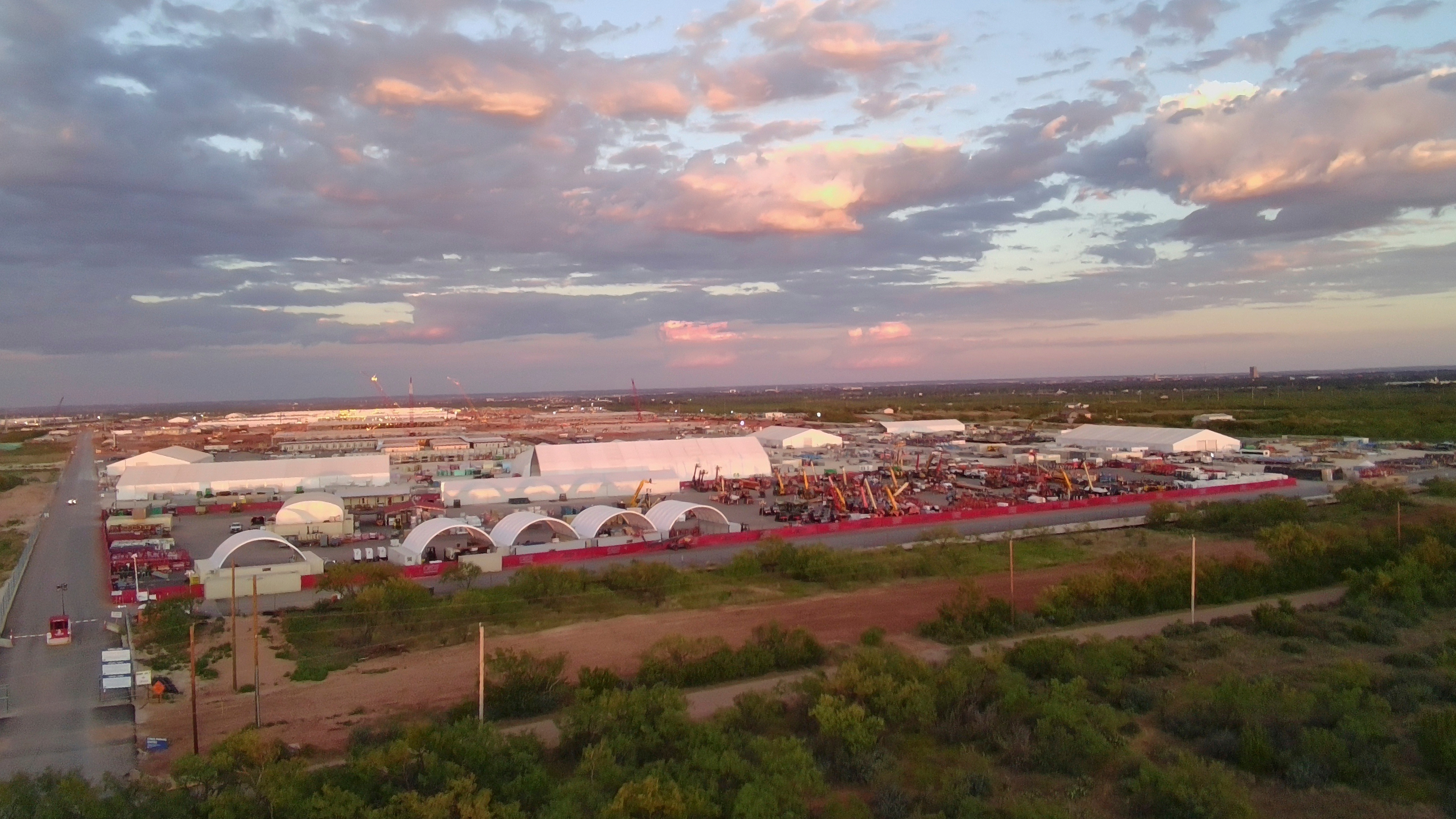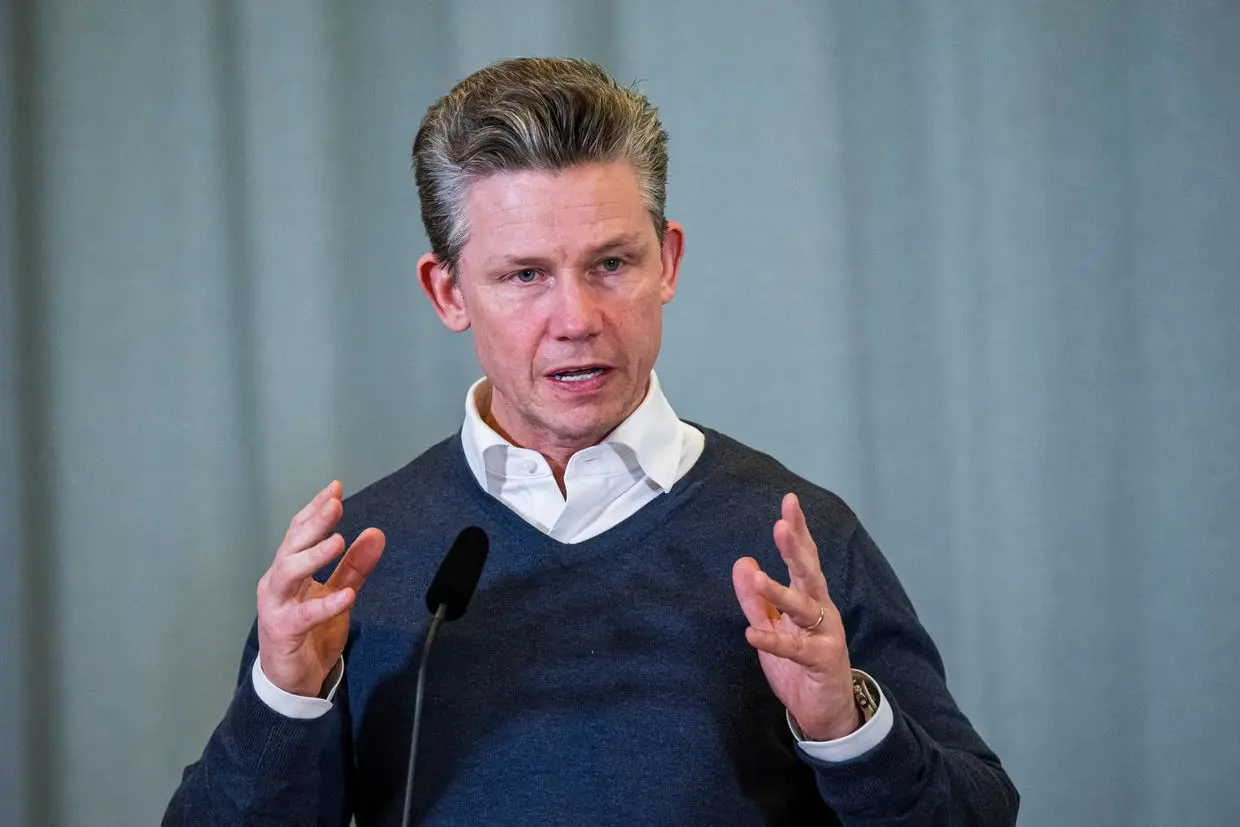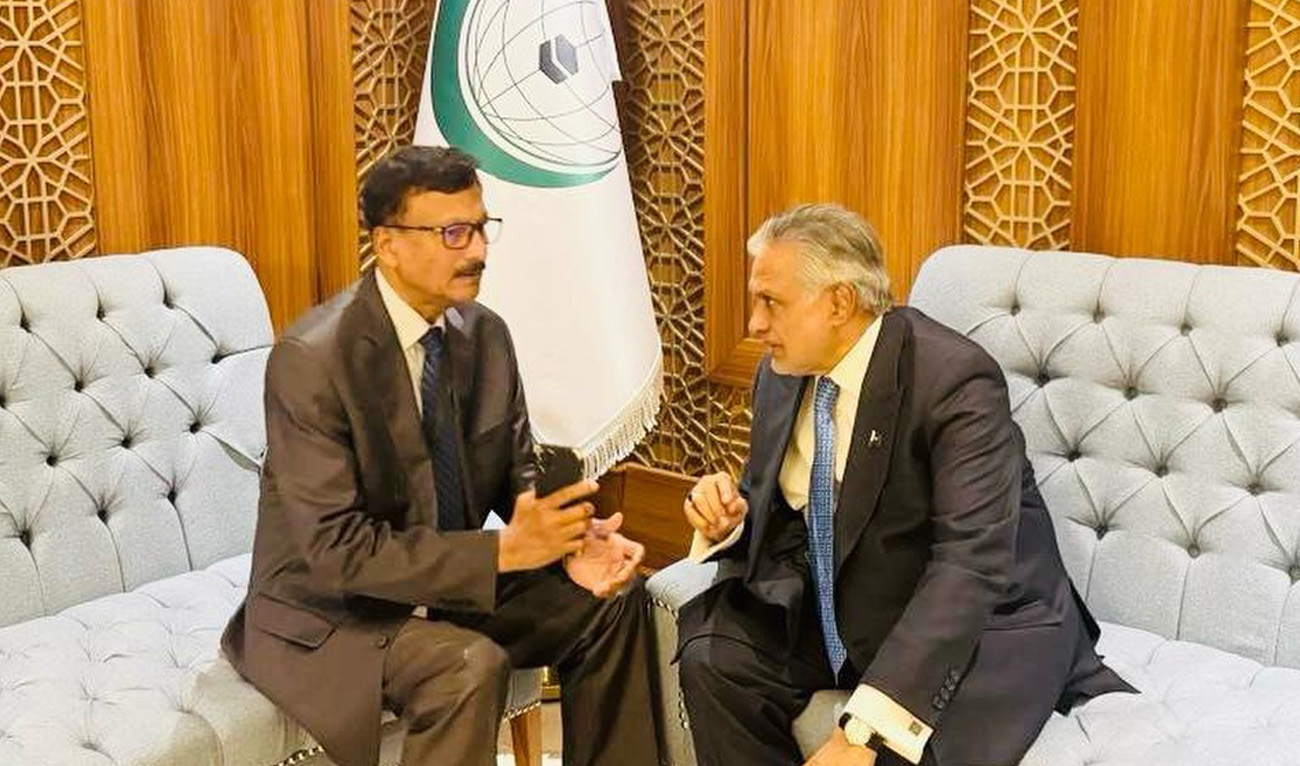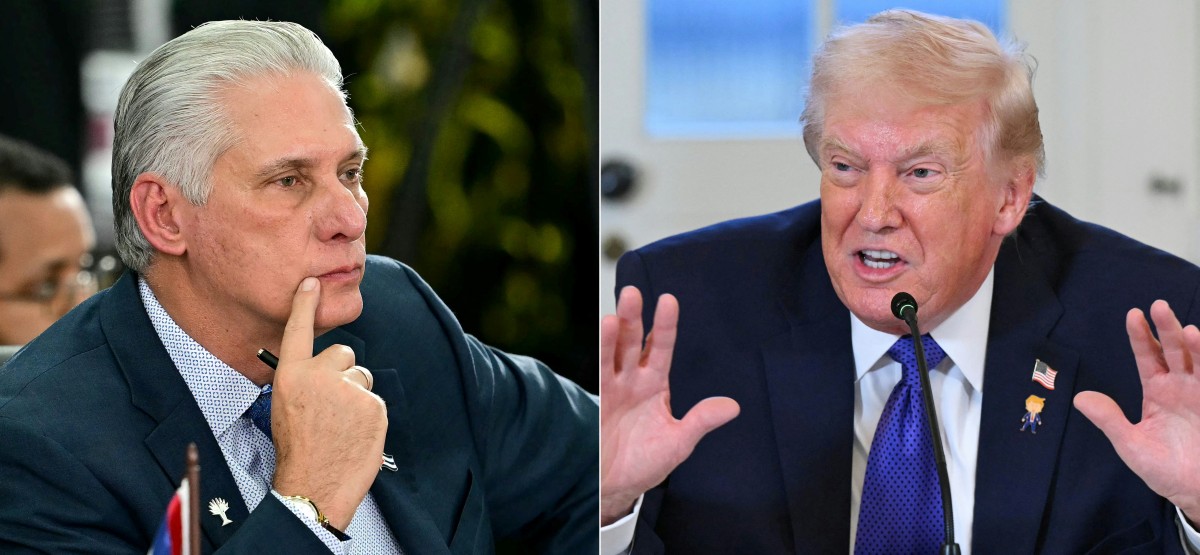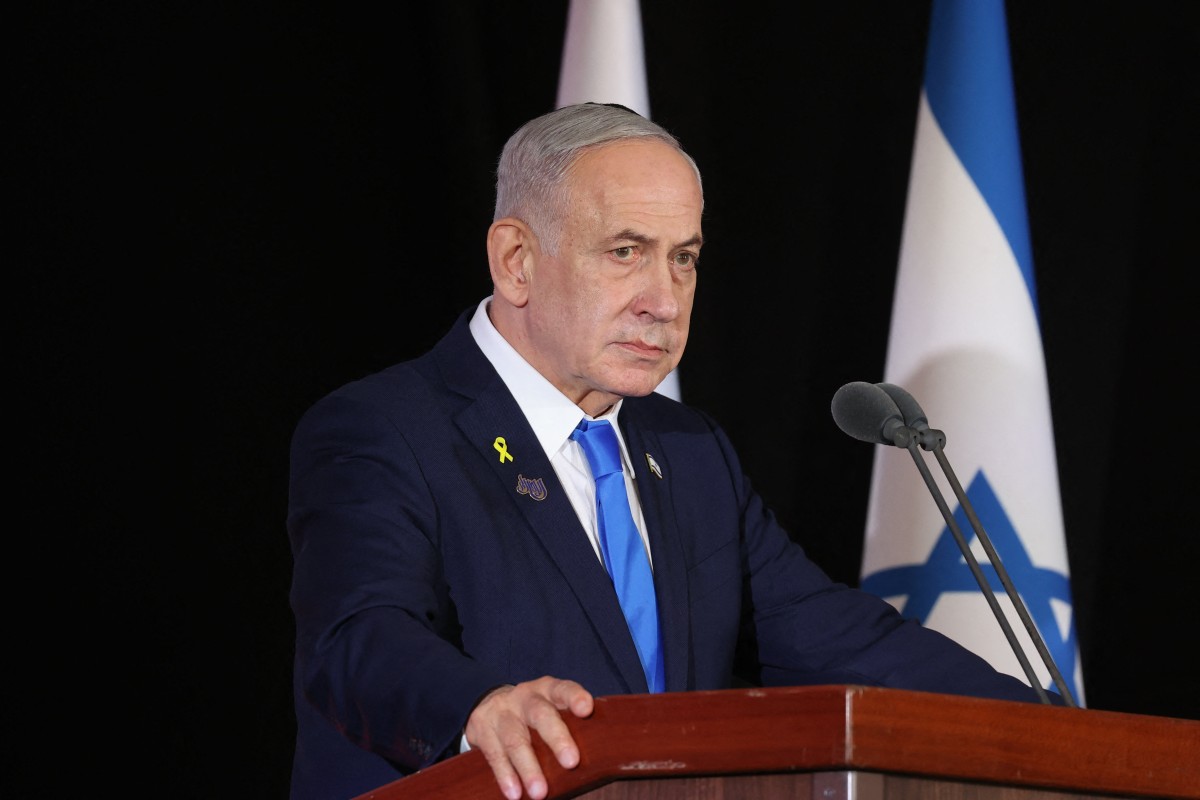ISLAMABAD: Pakistan urged the United Nations to regulate artificial intelligence, particularly its military use, warning it could destabilize global security. Defense Minister Khawaja Muhammad Asif said its use must follow international law.
According to a statement by the Associated Press of Pakistan, Asif described artificial intelligence as a consequential, dual-use technology that can accelerate socio-economic progress but also deepen inequalities.
He urged states to prohibit applications “without meaningful human control” and warned that unregulated use enables disinformation campaigns, offensive cyber operations and new types of armaments.
Minister Asif said these developments raise “serious questions for the future of warfare,” as artificial intelligence “lowers the threshold for use of force,” making wars more feasible and compressing decision time for diplomacy.
UN debate on AI risks
The meeting was chaired by South Korean President Lee Jae Myung, as his country holds the Council’s rotating presidency for September, APP reported.
Opening the debate, UN Secretary-General Antonio Guterres said artificial intelligence is “no longer a distant horizon” and, while it can aid de-mining, food security and violence prevention, “without guardrails, it can also be weaponized.”
President Myung urged a legally binding ban by 2026 on lethal autonomous weapons operating without human control and stressed that any decision on nuclear weapon use must rest with humans, not machines, APP reported.
Yejin Choi, a senior fellow at Stanford University’s Institute for Human-Centered Artificial Intelligence, said current progress is concentrated among a handful of companies and countries.
Yejin Choi urged investment in smaller, adaptive systems to lower barriers to entry and pressed for stronger linguistic and cultural representation, noting leading models underperform for many non-English languages.
Pakistan’s domestic AI push
Pakistan’s intervention comes amid domestic steps to expand access to artificial intelligence tools and skills.
Google announced on Wednesday the rollout of its Google AI Plus plan in 40 additional countries, including Pakistan. In a statement, Google Pakistan Country Director Farhan Qureshi described the local digital landscape as “vibrant and growing,” Dawn reported.
In July, the federal cabinet approved the National Artificial Intelligence Policy 2025, which outlines training one million professionals by 2030, creating public and private funds to spur innovation, and launching thousands of civic projects and local products to build capacity and jobs.
Secretary-General Guterres closed the session warning that the window to shape artificial intelligence “for peace, for justice, for humanity” is narrowing and urged swift action by member states to set rules, build institutions and insist on human dignity, echoing past global governance efforts in nuclear arms control and aviation safety.
